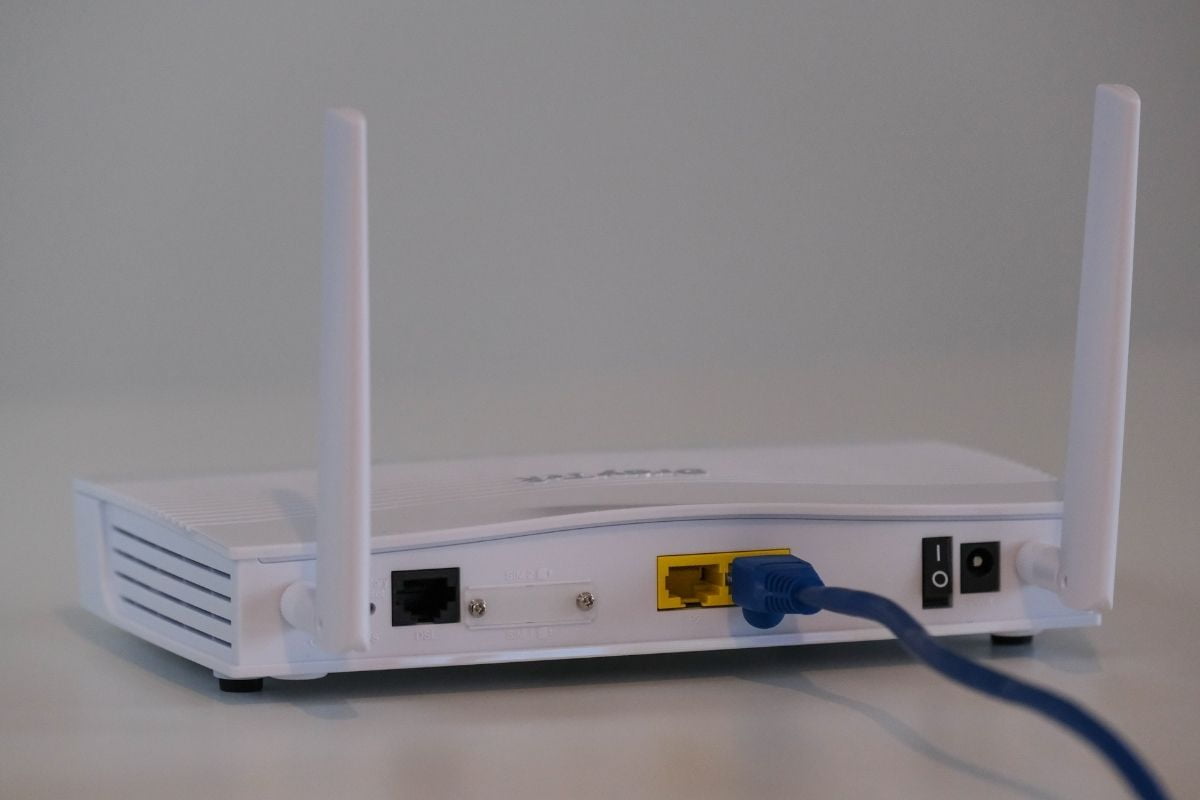A broadband connection at our homes or offices has become an integral part of our ecosystem and the environment. It has become tough to spend a couple of hours without the internet because of our heavy reliance on it to get work done. The internet has not only become important as a source of knowledge and entertainment but also for communication through video calls and high-quality voice calls. That being said, broadband connection getting disconnected frequently is a very grave issue in today’s world. If you face frequent disconnections of your broadband connection, there a are few things you can check on your own before reaching out to the customer service department of your ISP.
Checking Cables and Extensions
Your broadband internet connection, no matter wired or wireless, is delivered to your doorstep through cables. Where cables and wires are involved, the first step is to check if all the cables are properly connected. Check if your ethernet cable is properly connected to your device in case of a wired connection. If you use a Wi-Fi router, check if all the cables are connected to the router. The next step would be to check for any damage to those cables. Damaged cables would not be able to transfer bandwidth and thus cause disconnection of your broadband connection.
Learn How to Decode the Blinking Lights in Your Wi-Fi Routers
Wi-Fi Routers have a few blinking light indicators that tell you various things about your broadband connection. Whenever you get a new Wi-Fi installed, always make it a point to understand what each of those lights indicates. If even one of those lights is not blinking like it normally does, it’s most likely that your broadband connection is disconnected. You can try disconnecting all the cables from the primary source and letting the router complete its boot-up process normally. Once the router is booted up, you can connect the cables back to the router, and it’ll most likely bring your broadband connection back to life. This process is called Power Cycling.
Scanning Your Computer for Virus and Checking Your Data Pack
Viruses are not only harmful to your computer, but they can also harm your broadband internet connection. If your computer is infected by malicious spyware, it can access your broadband connection and impact your browser’s surfing speed and performance. You should regularly scan your computer for viruses to avoid them affecting your broadband connection. The last step to check is if you have exhausted your data limit provided by the ISP. This is a common issue with limited data plans where users exhaust their data limits without realising how much data is being consumed. If you have exhausted your data limit, consider recharging or upgrading to an unlimited data plan to enjoy an uninterrupted broadband connection.
